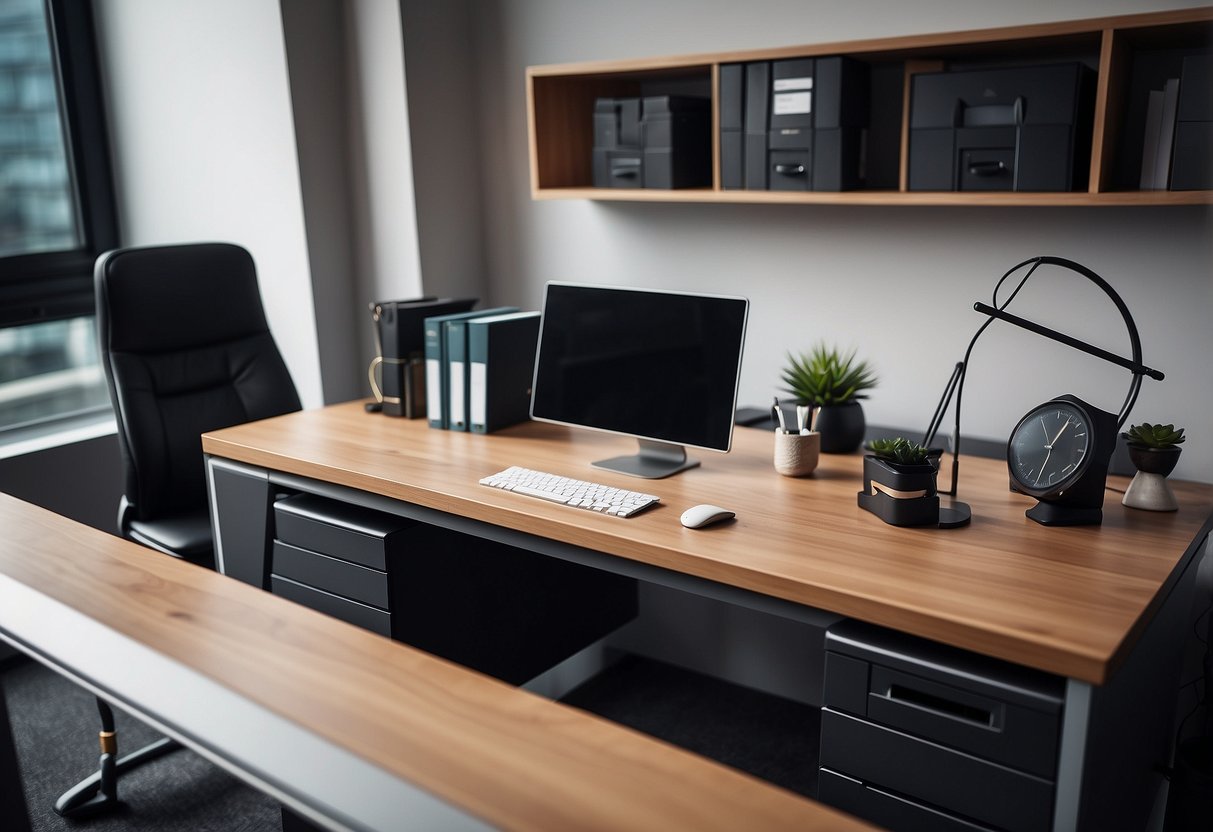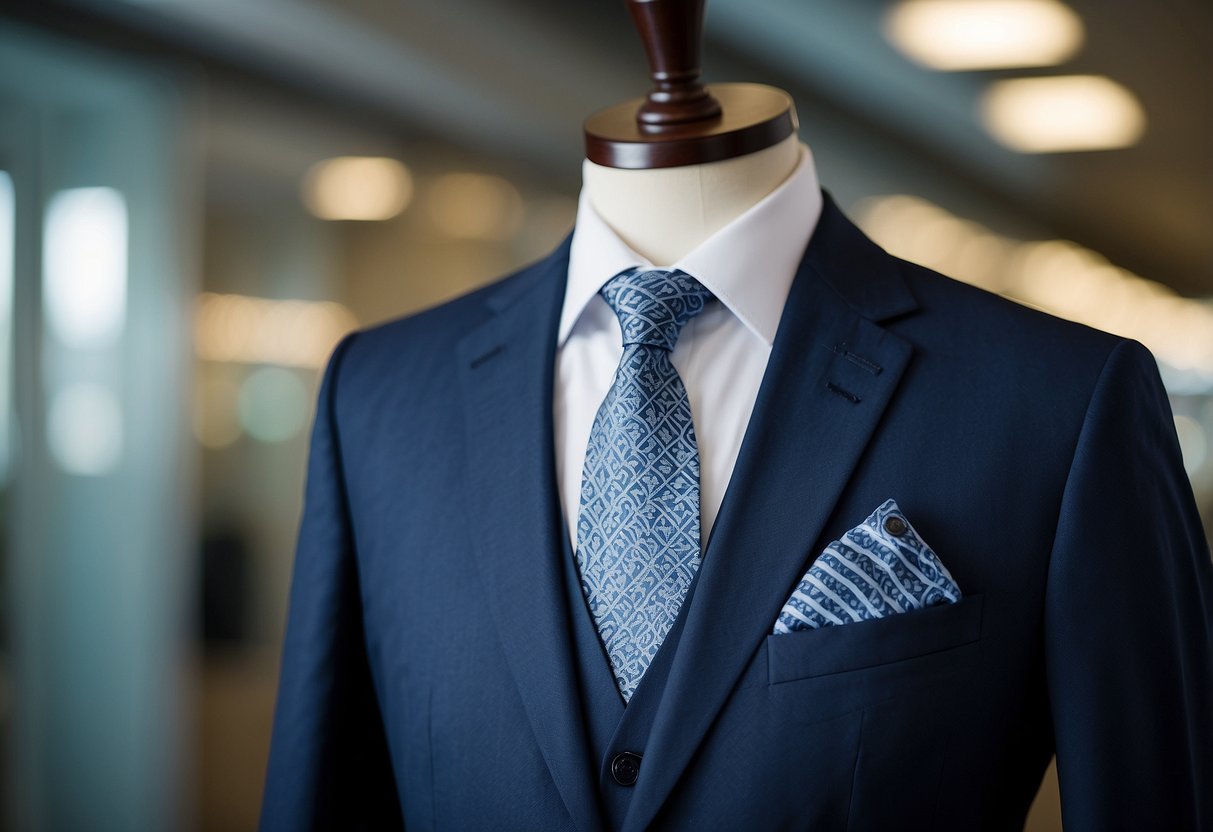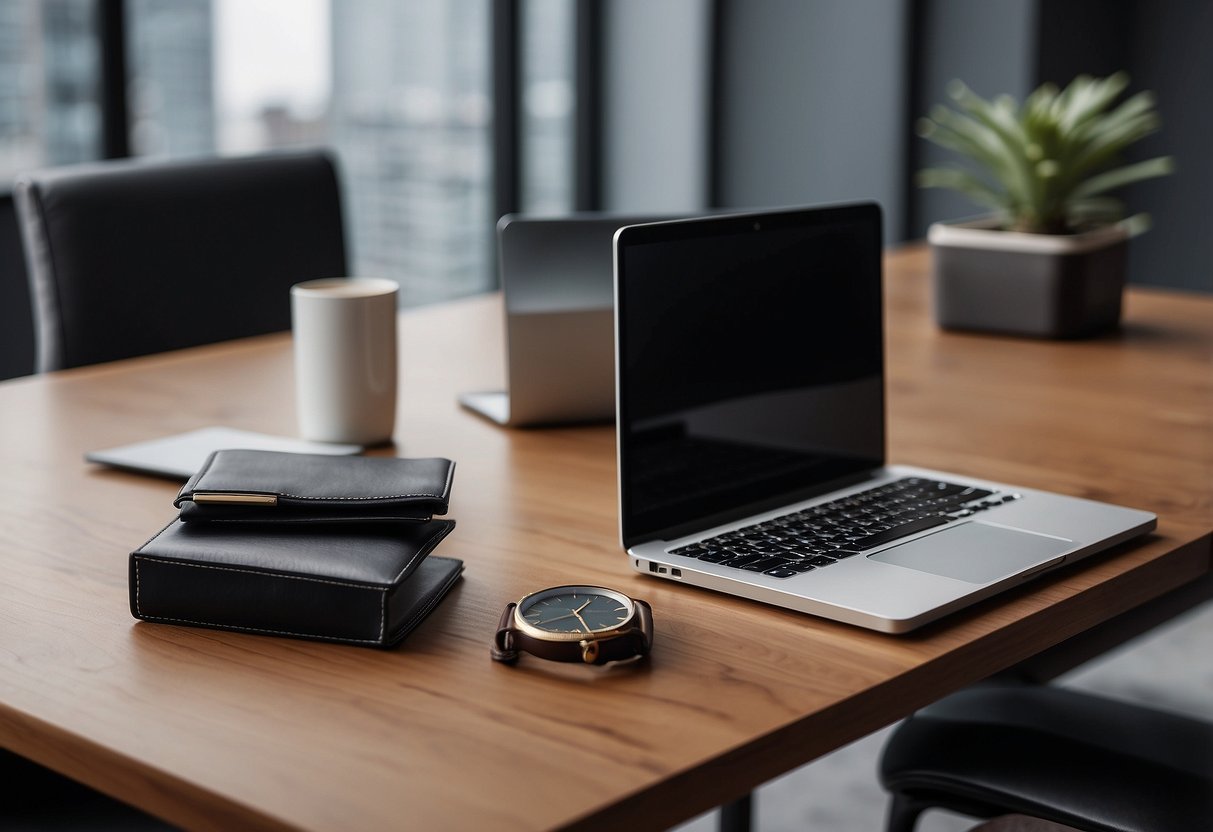
Color Theory in Professional Dressing

Color can significantly influence how one is perceived in a professional setting. It’s important to choose colors that complement your skin tone and convey the right message about your professionalism and demeanor.
Choosing the Right Colors for Your Skin Tone
Selecting colors that suit your skin tone can elevate your professional appearance. For individuals with cool undertones, opting for colors like blue, green, and purple can enhance their natural complexion. These shades bring out the pink or blue undertones in their skin.
Conversely, those with warm undertones might find that earthy tones such as red, orange, yellow, and olive green better suit them. These colors harmonize with the yellow or gold undertones in their skin.
Neutral skin tones, which balance both cool and warm undertones, can confidently wear a wide range of colors. Experimenting with various shades can help in discovering the most flattering colors for their unique complexion. Ultimately, understanding one’s skin tone and selecting appropriate colors can lead to a polished and professional look.
The Impact of Color on Professional Image
Colors not only affect personal appearance but also the impressions they create in the workplace. Navy blue, for instance, evokes trust, confidence, and stability, making it a popular choice for suits and professional attire. Black conveys power, sophistication, and formality, suitable for high-stakes meetings or formal events.
Gray offers a more balanced and neutral appearance, often seen as reliable and composed. It is versatile and can be worn in various professional settings.
White symbolizes cleanliness, simplicity, and precision, ideal for shirts and blouses in more formal environments.
Bright colors like red can signal energy and assertiveness but should be used sparingly to avoid overwhelming the overall look.
Selecting the right colors based on their psychological impact and professional context can enhance one’s professional image and effectiveness in the workplace.
The Role of Accessories

Accessories play a crucial role in enhancing a professional outfit. They add personality, ensure practicality, and exude confidence, making them indispensable in the modern workplace.
Selecting Appropriate Jewelry
Selecting the right jewelry for a professional setting is vital. Less is often more in a business environment. For instance, choosing subtle pieces like small stud earrings or a delicate necklace creates a polished look without being distracting.
Avoid overly flashy or noisy jewelry that can divert attention during meetings. Subtle, understated pieces complement the professional attire, emphasizing elegance and sophistication. Simple items such as a modest bracelet or classic pearl earrings can make a significant difference.
Considering the dress code of the workplace is important. In conservative offices, stick to minimalistic designs. This approach ensures the focus remains on professionalism rather than personal adornments.



